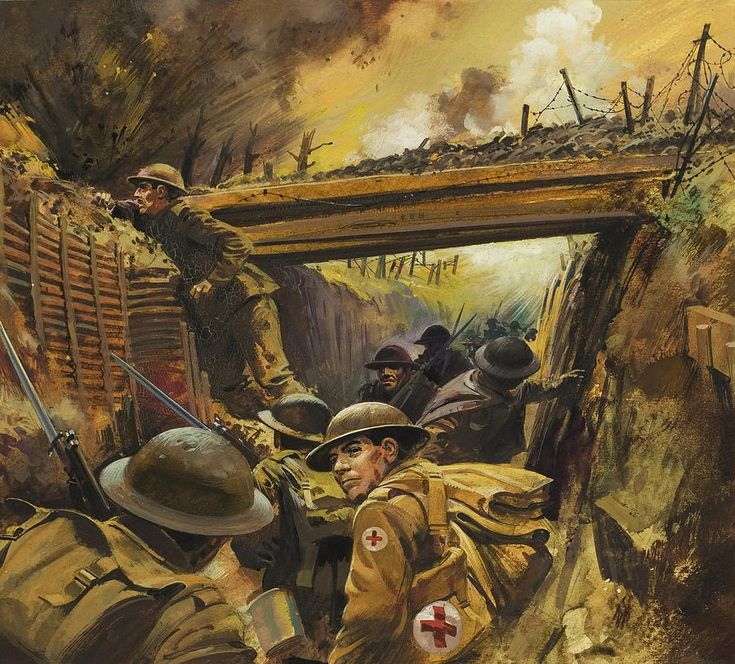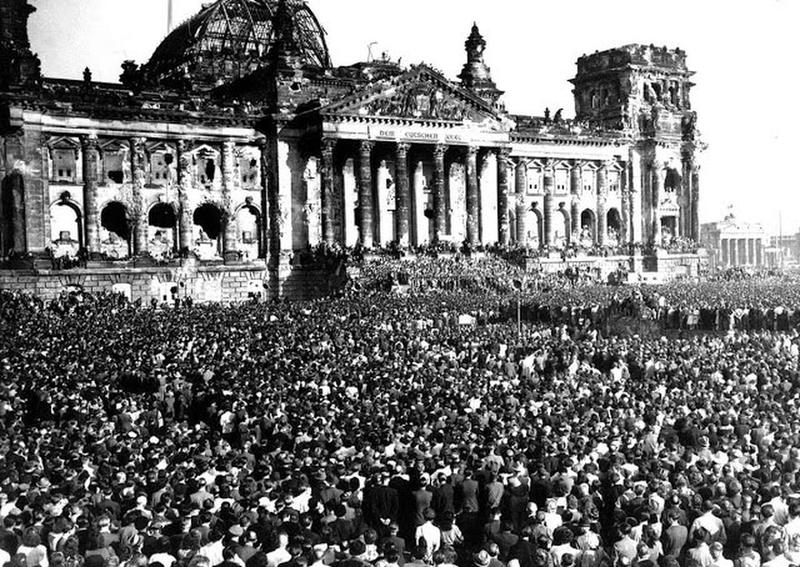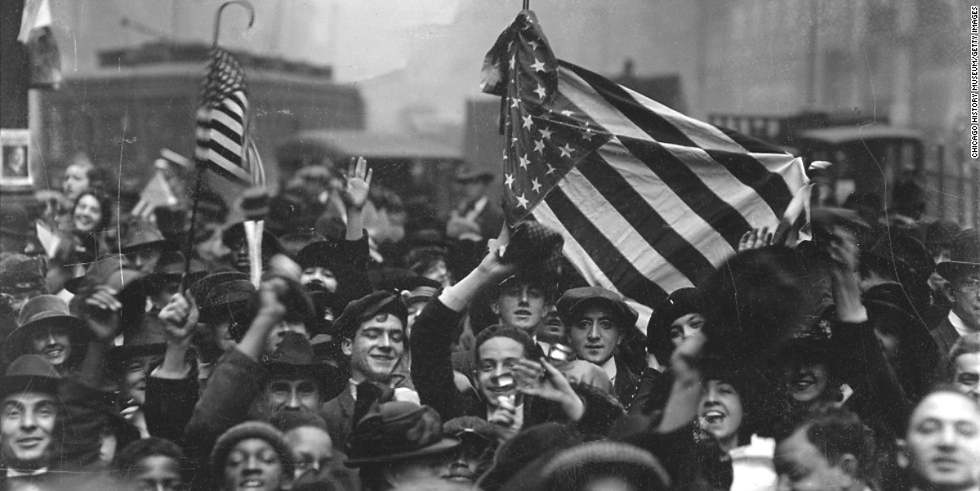World War I (WWI), commonly known as the Great War
Spanned from July 28, 1914, to November 11, 1918, and remains one of the most pivotal events in modern history. This global conflict saw the clash of two major alliances: the Allied Powers and the Central Powers. The Allies were primarily comprised of France, Russia, and Britain, later joined by the United States after 1917. The Central Powers, on the other hand, included Germany, Austria-Hungary, the Ottoman Empire, and Bulgaria.

The war pitted the Central Powers—mainly Germany, Austria-Hungary, and Turkey—against the Allies—mainly France, Great Britain, Russia, Italy, Japan, and, from 1917, the United States.
The origins of WWI were complex and multifaceted, arising from a confluence of factors over the years leading up to 1914
German Expansionist Policy: Germany's Emperor Wilhelm II pursued an international expansionist policy, seeking to establish Germany as a global power. This move alarmed other nations and destabilized international relations.
Mutual Defense Alliances: European nations entered into mutual defense agreements, obligating them to support allied countries in case of an attack. The Triple Alliance of 1882 united Germany, Austria-Hungary, and Italy, while the Triple Entente formed between Britain, France, and Russia by 1907.
Imperialism: The competition for colonies and resources in Africa and Asia heightened tensions among European powers. This race for dominance contributed to the growing confrontation that eventually led to war.
Militarism: An arms race ensued in the early 20th century, with Germany and Great Britain heavily increasing their military capabilities. This militarization, coupled with other factors, pushed the nations closer to conflict.
Nationalism: The desire for self-determination and independence among Slavic people in regions like Bosnia and Herzegovina fueled nationalistic fervor. This sentiment played a role in triggering the war.
Assassination of Archduke Franz Ferdinand: The assassination of Archduke Franz Ferdinand of Austria-Hungary in June 1914 triggered a series of events. Austria-Hungary's declaration of war on Serbia led to Russia's involvement due to an alliance with Serbia. Germany declared war on Russia, and subsequently, Britain joined the war due to Germany's invasion of neutral Belgium.
The war played out in various theaters, with significant battles including the First Battle of the Marne,

Battle of the Somme, Battle of Tannenberg, Battle of Gallipoli, and Battle of Verdun. The conflict's phases included the Western Front, where the Allies confronted the Germans, and the Eastern Front, where Russians fought against Germans and Austro-Hungarians. Trench warfare characterized the Western Front, while the Eastern Front witnessed territorial shifts without decisive victories.
Two key events in 1917 shifted the course of the war the entry of the United States into the conflict on the side of the Allies and the Russian Revolution, leading to Russia's withdrawal from the war. A German offensive in 1918 prompted an Allied counterattack, ultimately resulting in the retreat of the German army. Germany's allies' defeat and internal revolution led to the armistice signing on November 11, 1918, effectively ending the Great War.
The aftermath of WWI yielded profound consequences across various domains

Economic Impact: The participating countries faced substantial financial burdens, with Germany and Great Britain spending around 60% of their economies' output. This financial strain led to inflation in post-war years.
Political Transformations: WWI marked the end of several monarchies, including those of Russia, Germany, Austria, and the Ottoman Empire. New nations emerged from former empires, and territorial changes redrew the world map.
Social Changes: The war's toll on human lives altered societies significantly. A decline in birth rates resulted from the loss of millions of young men, and women's roles expanded as they took on jobs in factories and offices. Many countries extended women's rights post-war.
Treaty of Versailles: Signed on June 28, 1919, the Treaty of Versailles aimed to prevent future conflicts. It imposed territorial, military, and financial restrictions on Germany, leading to long-lasting repercussions and contributing to future tensions.
League of Nations: The League of Nations, established after WWI, aimed to prevent disputes from escalating into warfare. While it achieved some successes, it also faced limitations and ultimately couldn't prevent WWII.
India and WWI
India being a former British colony played a vital role in helping Britain and its allies win over Germany and allies, a role that is often overlooked.
Being a British colony, the Indian Army contributed a large number of soldiers to the European, Mediterranean and the Middle East conflicts of war in World War I.
The Indian Army fought against the German Empire in East Africa and also on the Western Front.
They served in places as diverse as France and Belgium, Mesopotamia, Egypt, Gallipoli, Palestine and Sinai.
More than 70 thousand of the Indian soldiers who served British in World War I lost their lives. Sir Claude Auchinleck, Commander-in-Chief of the Indian Army once said: " Britain couldn't have come through the wars if they hadn't had the Indian Army."
As high as 100 million British Pounds was given by India to Britain to fund their war anticipating dominion status and home rule in return.
The British raised men and money from India, as well as large supplies of food, cash, and ammunition, collected by British taxation policies. In return, the British promised to award self-rule to India at the end of the war which eventually was not delivered.
India, as a former British colony, played a significant yet often overlooked role in WWI. The Indian Army contributed soldiers to various fronts, and India supplied both men and resources to Britain's war effort. Despite these contributions, the promises of self-rule for India were not fully honored after the war.
The repercussions of WWI extended far beyond its immediate impact, setting the stage for a changing global landscape, political realignments, and new ideological movements. Ultimately, the war meant to end all wars inadvertently laid the groundwork for future conflicts, including World War II.

The first World War was won by the Allies consisting of the United Kingdom, France, United States, Japan, Italy. They defeated the Central Powers consisting of Imperial Germany, Austro-Hungary Empire and the Ottoman Empire. It lasted from 1914 and lasted until the signing of the Versailles Peace Treaty in 1919.


Comments